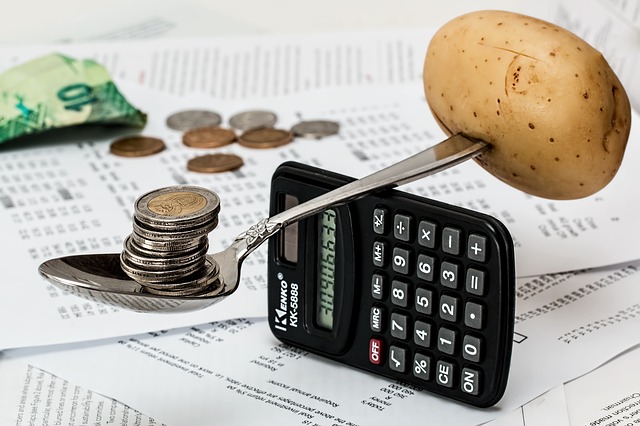
BUDGETS v FORECASTS ... road maps need both
Your budget represents the dream you want to achieve. Your forecast shines the cold light of reality on what you are actually achieving - but is vital in helping you to keep you on course.
Vision and reality
Budgets can be dry sterile documents that gather dust - often digital dust - from year-end to year-end. Similarly, producing forecasts may seem to be pointless exercises in isolation. But put the two together and you have a dynamic set of tools for driving your business forward in the right direction and at the right speed.
Neither budgets or forecasts stand still for long as business conditions change and your enterprise responds flexibly to maximise opportunities and avoid threats or risks.

How they work together
The better you can predict, measure and control your company performance, the better you can apply your resources to meet your goals. Budgets are a compass that set a visionary business course and are about the future.
Forecasts on the other hand use historic and current data to tell you how far you are being blown off course. They are very much about the here and now, weathering storms and bringing the boat back on course safely.
Today, an increasing number of business are moving by default to cloud accounting - a Government priority. A major advantage is that algorithms can now take the tedium out of plotting progress - providing that your daily and weekly input of bookkeeping transactions and data is timely and accurate.
How to start
Because the feedback is so useful, having established an active budgeting and forecasting process, the chances are that you will never again want to return to the old way of preparing annual budgets and working forecasts as dull year-end chores. Creative factors to keep in mind include: -
- Changes that you want to make deliberately to your business
- Potential changes to market(s), customers and rivals
- Annual goals
- Key performance indicators
- Specific problems
- Operational changes
- Management and personnel information
Scenario planning
To make sure that you can cope with all eventualities, rather than being knocked around by events, scenario planning is a further refinement. For example, you can consider optimistic, pessimistic and most likely outcomes. Could you cope with investment disappointments? Are you ready for a massive upturn in sales? When things change fast, being prepared puts you in the driving seat.
To be absolutely sure that you don't miss out on a sudden trend or technical development, make sure that you always involve all your management and staff colleagues in the company's frontline. The real information they have at their fingertips if often much more valuable than your best assumptions.
In any long-term business plan, targets that once were crucial can become irrelevant or unobtainable very quickly - they were either not realistic to start with, or become side-lined by circumstances. Starting with a budget that articulates your plans allows scenarios and cash flow forecasts to be used to accommodate any variations.
This is also an opportunity to experiment theoretically with a comprehensive range of 'what-if' possibilities using past sales, cost and profit data to fine-tune your future goals, ambitions in line with adjusted monthly and yearly targets.
And don't forget to factor your own input. Your time is money. Set deadlines that value it.
In summary
It is important to remember that budgeting and forecasting are very different business management functions that are nevertheless totally dependent on each other.
Reversing the two for a moment, a good forecast that uses well-researched meaningful information is the basis for setting a sound budget that in turn can be verified or amended by the next iteration of real financial information.

